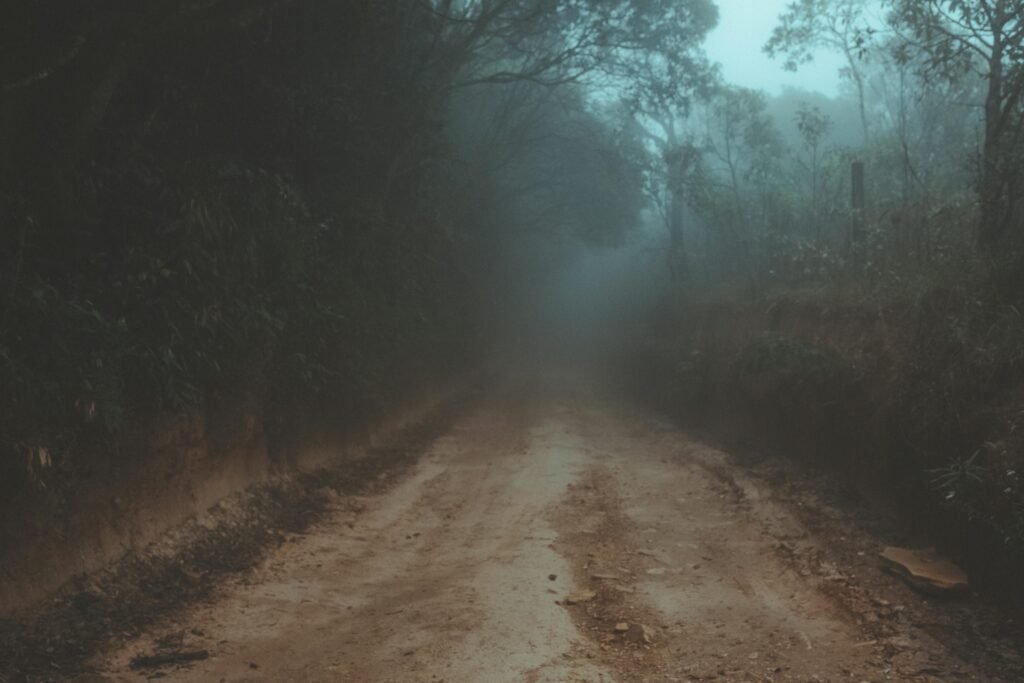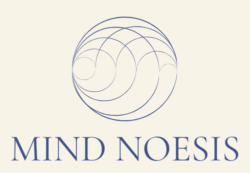In previous articles, we’ve explored the importance of looking inward and reflecting on our thoughts, emotions, and desires. We’ve also discussed how self-awareness is key to navigating life’s complexities. But there’s another layer to this exploration: the “unknown.” It exists both within us—parts of ourselves we have yet to uncover and in the world around us, with its unpredictable twists and turns.
The unknown can feel unsettling. It’s the questions we can’t yet answer, the paths we’ve never walked, and the outcomes we cannot foresee. But rather than avoiding it, we must learn how to approach the unknown with trust and curiosity. Both inwardly and outwardly, embracing the unknown is a fundamental step toward personal growth, mindfulness, and stability.

Let’s see how we can handle life’s uncertainties and find certainty, not in outcomes but in our ability to navigate the journey.
The Nature of Uncertainty
Uncertainty is an inevitable part of life. No matter how carefully we plan, there will always be variables we cannot predict or control. This lack of control can feel unsettling because, as humans, we crave stability and answers. The mind, wired for survival, often equates the unknown with danger. But not all uncertainty is a threat—in fact, it’s often where transformation begins.
When we resist uncertainty, we use energy trying to control the uncontrollable. This resistance can lead to anxiety, frustration, and stagnation. But when we choose to trust the unknown, we open ourselves to new possibilities, perspectives, and growth. Trust doesn’t mean passivity; it means embracing the journey without needing to control every step.
Finding Certainty in the Present Moment
The present moment is the antidote to the fear of the unknown. By anchoring ourselves in the here and now, we shift our focus away from imagined future scenarios and into what is real. Mindfulness is the practice of staying present and aware, allowing us to meet uncertainty with calm and clarity.
Meditation plays a vital role in this process. Through meditation, we learn to observe our thoughts without judgment, creating space between our fears and our reality. This practice helps us see that uncertainty is not something to be feared but an opportunity to grow and evolve.
Steps to Trust the Unknown
- Discover Your Inner Strength:
Reflect on your previous experiences with uncertainty. What helped you navigate them? Use those moments as reminders of your resilience. - Cultivate Awareness:
Start by noticing your reaction to uncertainty. Are you clinging to control, or do you avoid facing it altogether? Awareness is the first step toward change. - Practice Mindful Acceptance:
Accept that uncertainty is a natural part of life. Instead of resisting it, acknowledge its presence. Say to yourself, “I don’t have all the answers right now, and that’s okay.” - Use Meditation to Find Stillness:
Spend time each day in meditation, focusing on your breath or a grounding mantra like, “I trust the flow of life.” This practice helps you build inner stability amidst external chaos. - Reflect on Past Experiences:
Think about times when uncertainty led to growth or unexpected blessings. Remind yourself that the unknown often brings opportunities you couldn’t have planned for. - Surrender Control:
Surrendering doesn’t mean giving up; it means letting go of the need to control every outcome. Trust that life has its rhythm, and your role is to move with it, not against it. - Take Small Steps Forward:
When the future feels overwhelming, focus on the next small step you can take. Action, even in uncertainty, builds momentum and confidence. - Lean Into Introspection:
Journal about your fears and hopes. What does the unknown symbolize for you? What would trusting it look like in your life?
The Mindset of Trust
Trusting the unknown requires a shift in mindset. Instead of viewing uncertainty as a void, see it as a canvas, a space where possibilities can unfold. Adopting this perspective doesn’t eliminate fear but allows you to coexist with it without being paralyzed by it.
Trust also stems from self-belief. When you trust yourself—your resilience, intuition, and ability to adapt the unknown becomes less intimidating. It transforms from an obstacle to an adventure.
Embracing the Unknown
Learning to trust the unknown is a practice, a continuous act of self-awareness, mindfulness, and surrender. It’s about finding stability not in the certainty of outcomes but in the certainty of your ability to navigate whatever comes your way.
The unknown will always exist, but so will your capacity to grow, adapt, and thrive within it. When you trust the unknown, you stop fearing life’s unpredictability and start embracing its infinite potential.
Ask yourself today: What would happen if I trusted the flow of life? The answer might just lead you to the certainty you’ve been searching for.



